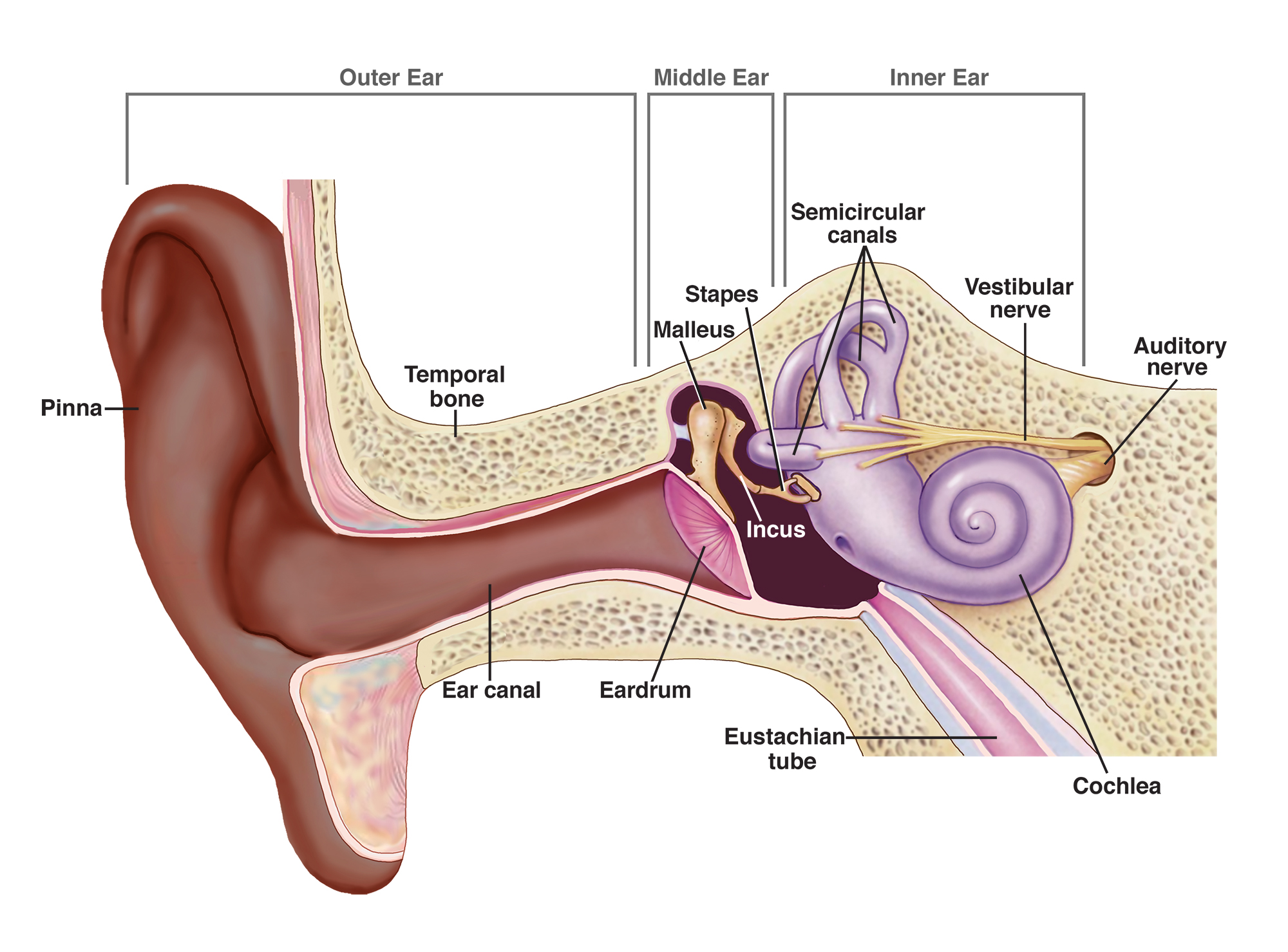Otosclerosis, a progressive hearing loss condition, poses unique challenges for the aging population. This comprehensive guide is designed to provide caregivers with essential insights into managing Otosclerosis in older adults, focusing on its impact on quality of life, effective care strategies, and age-specific interventions.
Understanding Otosclerosis in Older Adults
Otosclerosis in older adults is more than a medical condition; it encompasses emotional, social, and lifestyle changes. Understanding these aspects is crucial for caregivers to offer comprehensive and empathetic care. This guide explores personal stories, strategies for senior care, and reviews age-specific interventions, providing practical solutions to enhance independence and well-being in older adults affected by Otosclerosis.
The Impact of Otosclerosis on Elders’ Quality of Life
Otosclerosis significantly affects the quality of life in older adults, impacting daily activities, social interactions, and mental well-being. The hearing loss caused by Otosclerosis often leads to communication difficulties, resulting in social isolation and loneliness. Caregivers need to recognize these challenges and find solutions to help seniors continue their regular activities with minimal hindrance.
Navigating Otosclerosis in Later Life: Stories and Strategies
The personal stories of seniors with Otosclerosis offer valuable insights for caregivers. These narratives highlight the struggles, resilience, and creativity of individuals in managing their condition. For example, Mrs. Jones, a 70-year-old Otosclerosis patient, remains actively involved in her book club by using audiobooks and detailed notes. Mr. Adams, a 78-year-old with Otosclerosis, uses video calls to communicate with his family, relying on visual cues. These stories emphasize the importance of personalized strategies in managing Otosclerosis.
Senior Care for Otosclerosis Patients: Tips and Techniques
Caregiving for seniors with Otosclerosis involves understanding their hearing aids, facilitating effective communication, and promoting social participation. Tips include familiarizing with hearing aid devices, using visual cues or written notes for communication, and encouraging social activities to prevent isolation. Patience and empathy are key in managing miscommunications.
Age-Specific Interventions for Otosclerosis
With advancing age, the needs of Otosclerosis patients change, necessitating age-specific interventions. These include simpler hearing aids for seniors with cognitive decline, assistive listening devices for everyday activities, and regular hearing rehabilitation sessions. Tailoring these interventions to fit individual lifestyles and preferences is crucial for effective care.
Promoting Independence and Well-being in Elderly Otosclerosis Patients
Promoting the independence and well-being of seniors with Otosclerosis involves focusing on their mental health, encouraging self-management, and advocating for their needs. Strategies include addressing feelings of frustration or loneliness, teaching self-management of hearing aids, and ensuring regular audiologist appointments. A holistic approach to caregiving significantly improves the quality of life for seniors with Otosclerosis.
FAQs About Otosclerosis in Elders
- What is Otosclerosis? Otosclerosis is a condition causing progressive hearing loss, particularly affecting older adults.
- How does Otosclerosis impact elders? It affects not only hearing but also social interactions, daily activities, and mental health.
- What are the key strategies for managing Otosclerosis in elders? Key strategies include understanding hearing aids, facilitating communication, and promoting social participation.
- Can Otosclerosis lead to complete hearing loss in elders? If untreated, Otosclerosis can lead to significant hearing loss, but early intervention can mitigate this.
- Are there specific interventions for older Otosclerosis patients? Yes, age-specific interventions like simpler hearing aids and assistive listening devices are beneficial.
- How can caregivers support elders with Otosclerosis? Caregivers can support by promoting independence, understanding the condition, and advocating for the elder’s needs.
Practical Tips for Managing Otosclerosis in Elders
- Learn About Hearing Aids: Understand how to operate and troubleshoot hearing aids.
- Facilitate Effective Communication: Use visual cues and clear speech to aid communication.
- Encourage Social Interaction: Help elders engage in social activities to prevent isolation.
- Adapt Home Environment: Modify the home to accommodate hearing challenges.
- Regular Medical Check-ups: Ensure consistent audiologist visits and hearing aid maintenance.
Conclusion
Caring for older adults with Otosclerosis involves understanding the multifaceted impact of the condition. By employing empathetic care strategies, personalizing interventions, and promoting independence, caregivers can significantly enhance the quality of life for elders with Otosclerosis. This guide provides a foundation for caregivers to build upon, adapting to the unique needs and preferences of each individual.
Annotated References:
National Institute on Deafness and Other Communication Disorders (NIDCD): Provides comprehensive information on Otosclerosis, including symptoms, causes, and treatments. NIDCD on Otosclerosis.
American Academy of Otolaryngology-Head and Neck Surgery: Offers detailed insights into the diagnosis, treatment, and recent advancements in Otosclerosis. AAO-HNS on Otosclerosis.




